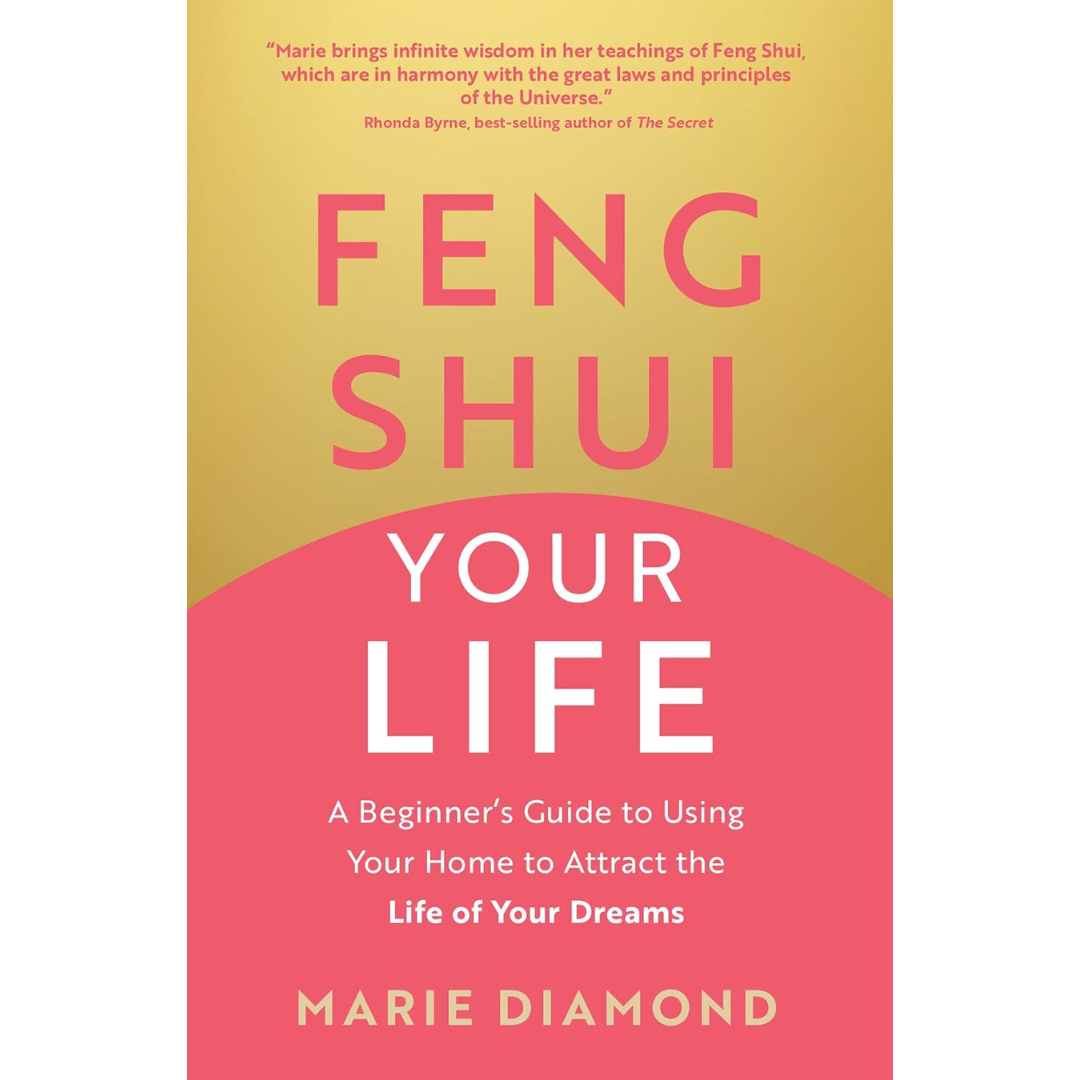6 Easy Ways to Achieve the Perfect Feng Shui Bedroom Layout — And Revitalize Your Space of Slumber
Follow these principles to achieve the perfect zen in your home and see your energy improve both physically and emotionally
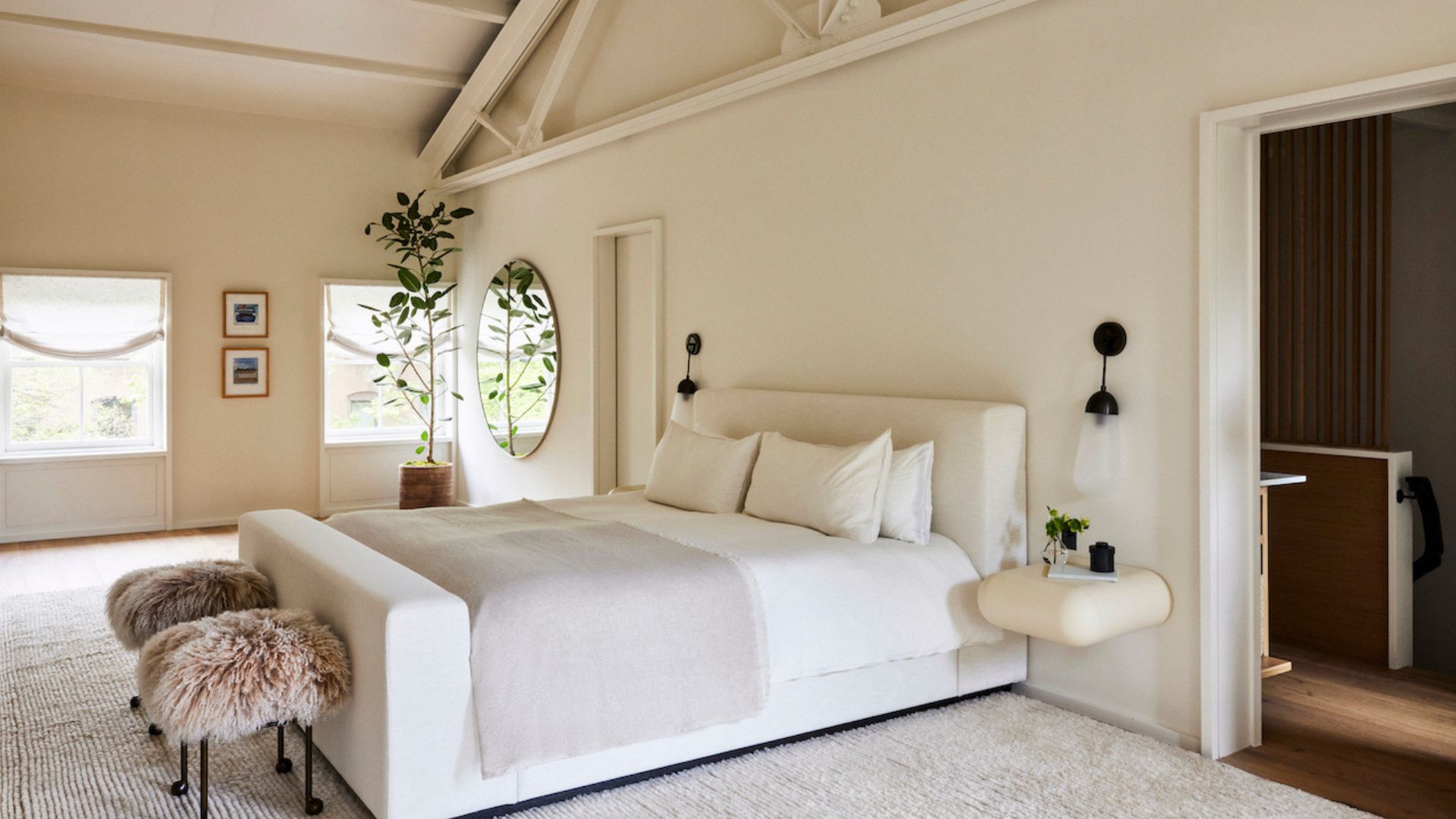
There’s no doubt that our surroundings can have a huge impact on how we feel, so striving for the perfect Feng Shui bedroom layout makes sense — after all, your sleep space is where you should feel most at peace. Apply the principles properly, and you’ll wind up with a sleeker-looking, better-functioning bedroom that’s a dream to drift off in.
You’ll likely have heard of Feng Shui, perhaps even of a "bagua" — also known as a Feng Shui map – but how much do you really know about it, and why is it so important in a bedroom? In its most basic form, this traditional Chinese practice is about restoring balance, harmony, and peace to your life through the way you arrange and decorate; everything from the position of your bed to the clutter on your nightstand can affect a bedroom’s "chi" (positive energy flow), and your wellbeing, as a result.
Whether it’s a restful night’s sleep or attracting romance, a relaxed mindset, or an energized approach to the day ahead, we’ve put together a list of top tips, approved by the masters themselves, to help you achieve your perfect Feng Shui bedroom layout.
1. Position your bed so you can see the door
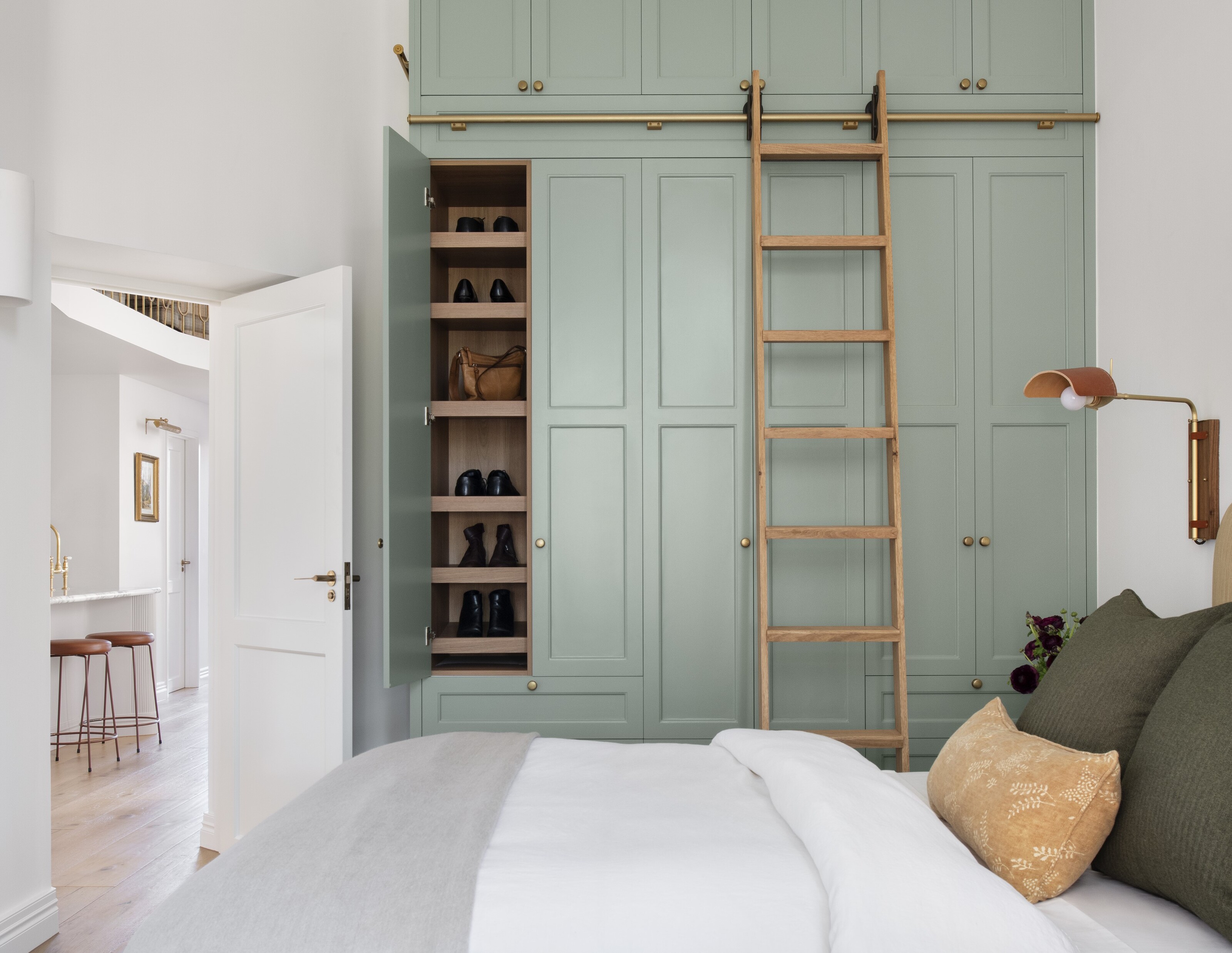
When designing a bedroom layout, one of the most important things to get right is the position of the bed. According to Feng Shui master Marie Diamond, the Feng Shui "death position" (where your feet point directly toward the door) is something to be avoided at all costs.
"This position is considered inauspicious because it symbolizes the way bodies are traditionally carried out of rooms, feet first, in some cultures. In Feng Shui, this placement is believed to invite negative energy, stagnation, and a lack of vitality," she explains.
That’s not to say the bed shouldn’t be opposite the door at all; chances are it will be, given that bedroom Feng Shui also dictates that the bed be given a "commanding position" within the room, such that you have a clear view of the door.
"You want to make sure you’re in the path of the incoming flow of energy. You want to see all the opportunities that enter through the door, and you want to make sure you’re making yourself accessible to any good fortune that comes knocking," says Marie.
2. Invest in a sturdy headboard

Is it ok to put a bed in front of a window? Ideally not, if you want to avoid a restless night’s sleep, say Feng Shui experts, but if it’s the best layout for the space you have, go with it — just be sure to invest in a solid headboard to counteract any feelings of insecurity.
"Headboards symbolize support, a pull from the earliest roots of Feng Shui. When locating burial spots for royalty, a mountain at the back was considered most auspicious because it was protective — and that protection is associated with strength, longevity, and heavenly energy," explains Feng Shui expert Amanda Gibby, creator and founder of Simple Shui.
If you’re investing in a new headboard, opt for a supportive, sturdy design without slats; "Those with gaps can leave you feeling unprotected," explains Marie. "If your current headboard has slats however, don’t feel you have to replace it straightaway; cover open gaps with fabric or extra pillows until you’re in the market for a new one."
3. Reflect on where you place mirrors
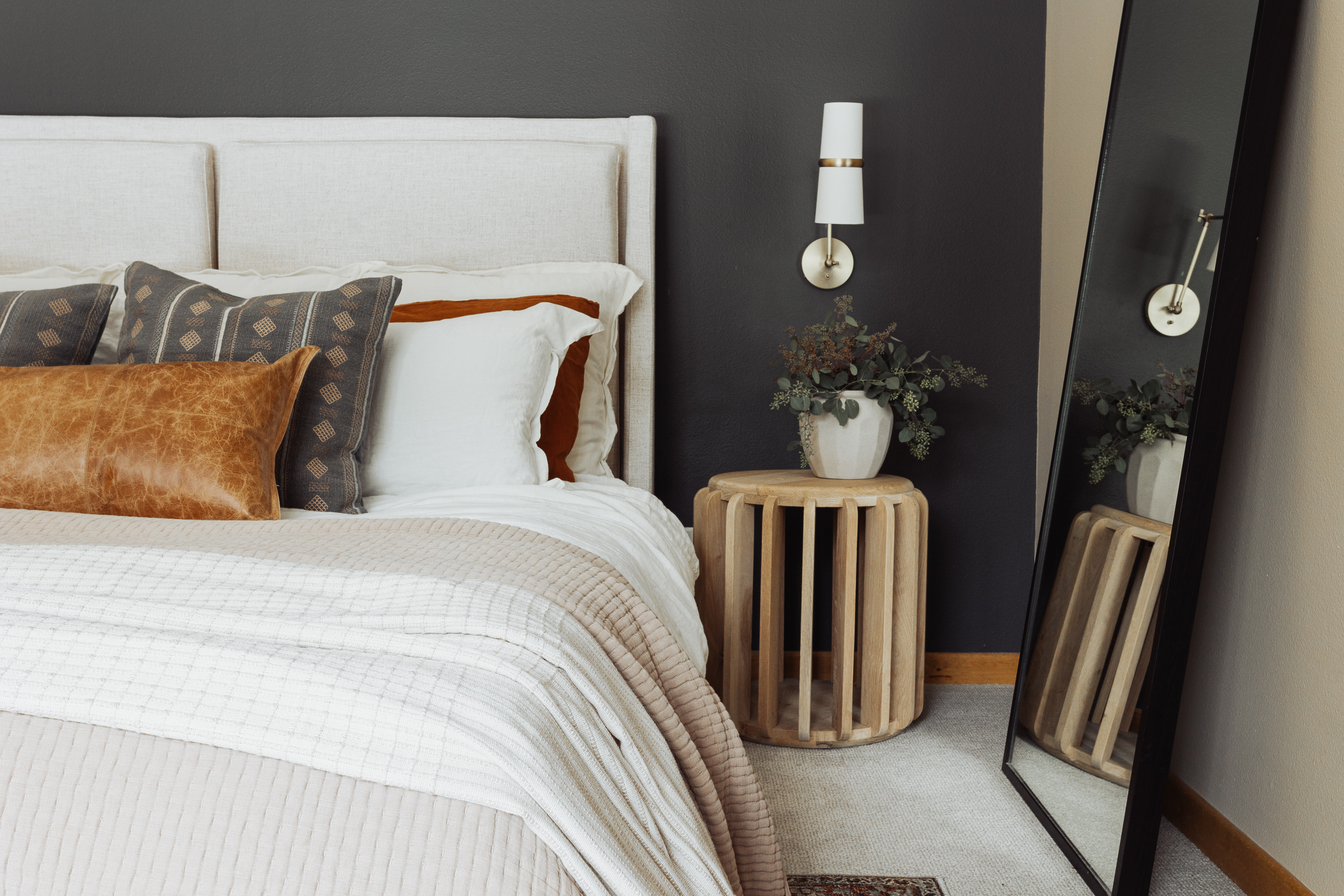
Small bedroom ideas can be restrictive when it comes to bed positioning, but there are things you can do to help improve the room’s flow — placing a mirror so you can see the door at all times, for example. Being savvy with Feng Shui mirror placement like this is a strategy widely advocated by the pros, but it does come with limitations, particularly in the bedroom.
"Whether it’s a mirror, a black TV screen, or a computer on standby, any reflective surface directly opposite the bed is not advised," says Marie. "You’re essentially ‘doubling’ your body, which can double any existing health issues, in turn. It can also lead to bad dreams, insomnia, and even negatively affect your relationship."
In an ideal world you’d avoid it, but know that ultimately, bed placement takes priority. "If that results in a mirror facing your bed, cover it with a scarf or fold-out screen while you sleep," advises Marie.
4. Prioritize efficient storage
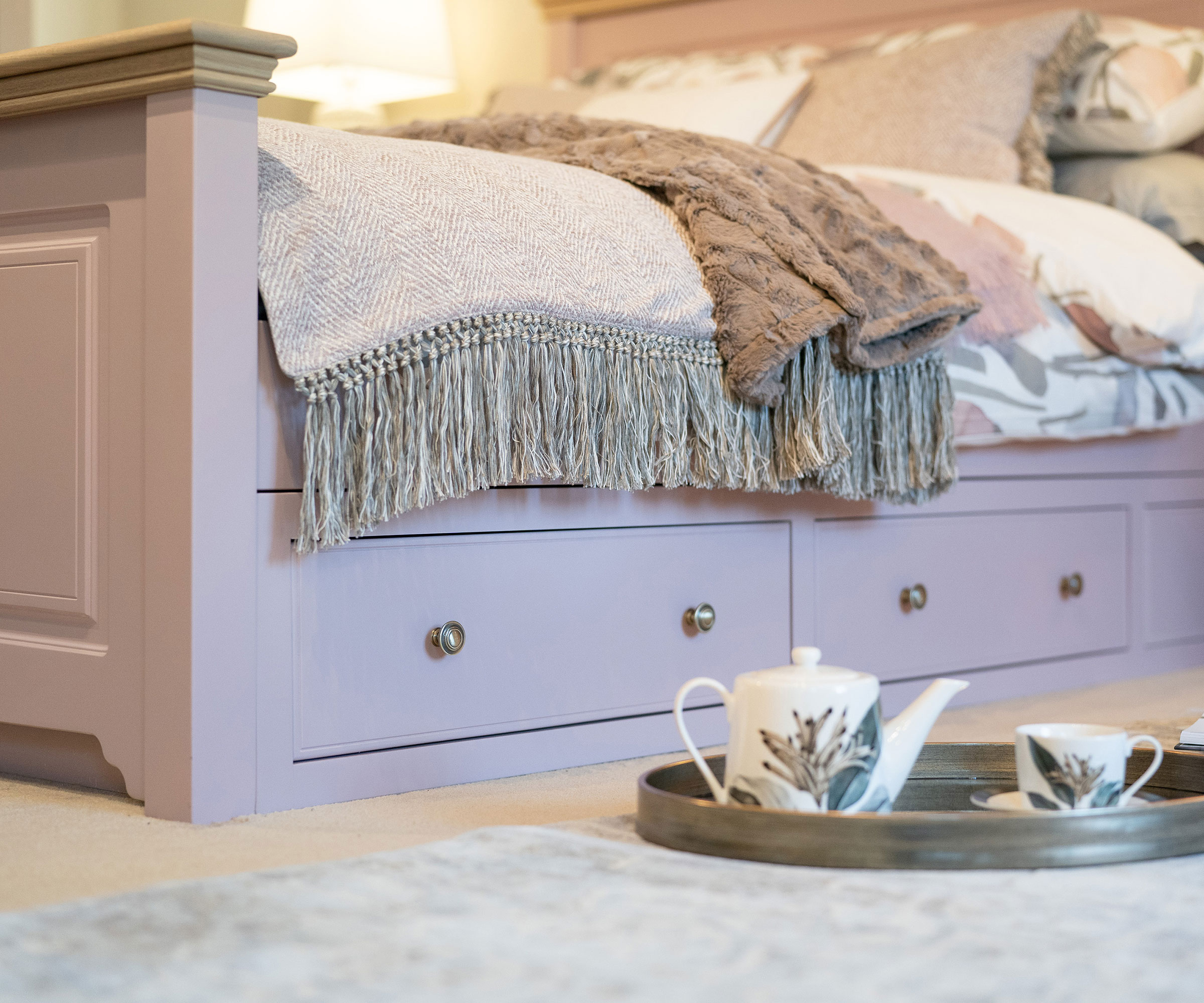
If there's one mistake a Feng Shui expert always notices in a bedroom, it’s clutter, says interior and Feng Shui designer Diana Hathaway.
"The practice of Feng Shui is based on the belief that energy (Chi’i) is vital to our living spaces. Clutter can divert or stop Chi’i from flowing in a bedroom, creating a stagnant or unsettled atmosphere," she explains.
Knowing how to declutter for better Feng Shui is a good start, but employing sufficient bedroom storage ideas is essential when planning a Feng Shui bedroom layout. It’s tempting to utilize every inch of space, particularly when organizing a small bedroom, but Feng Shui experts warn against filling the space under your bed.
"In Feng shui, it's ideal to have the qi flow all around you while you're sleeping to nourish and revitalize your body and spirit," says interior designer, architect, and Feng Shui consultant, Anjie Cho.
"Regardless of whether it’s storage or clutter, positioning items underneath the bed can affect our restfulness, as well as how well we can rejuvenate ourselves while we're sleeping. If you must store items there, opt for sleep-related items, such as pillows, blankets and duvets."
Try these vacuum storage bags from Amazon for a neat, tidy, and compact storage solution.
5. Factor in overhead features
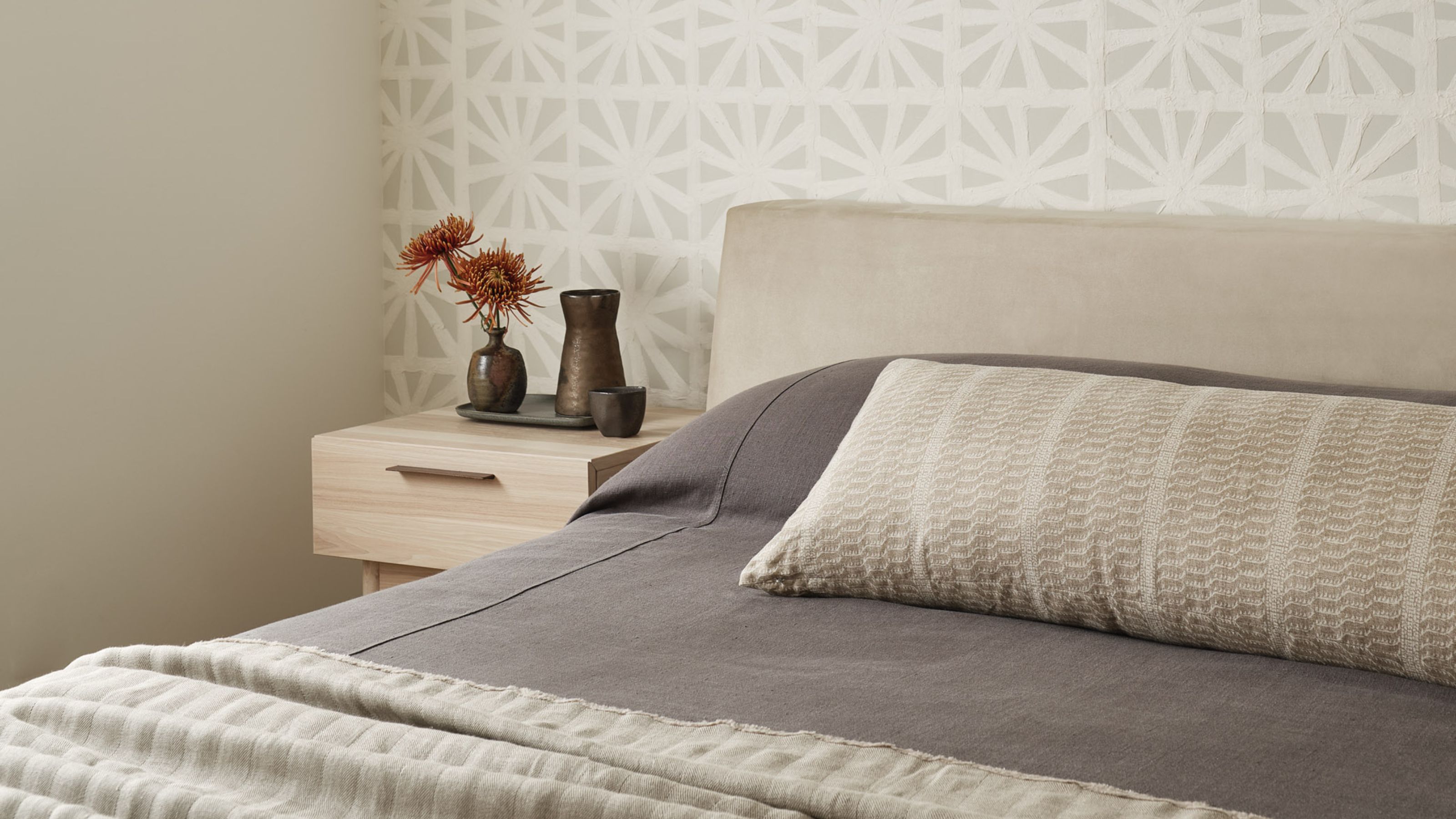
For the same reasons you should keep space under the bed clear, you’ll want to keep space above the bed clear, too., Beams in particular can wreak havoc on your sleep, warns Marie.
"They’re known in Feng Shui as a 'poison arrow' as they are sharp lines that create fast-moving energy towards a person, cutting into their positive chi. As a result, you may find that you have trouble sleeping, or that you experience pain in the part of your body where the beam is above," she explains.
Sloped ceilings, ceiling fans, and even oversized light fixtures are also said to apply unwanted pressure and stress, something that should be taken into account with Feng Shui bed placement. If it’s not possible to avoid them entirely, consider covering them with soft fabrics or painting them in muted colors. Anjie also suggests hanging a crystal ball prism "with the intention that you’re bringing light, clarity, and boosting the energy in your life."
6. Take note of symmetry
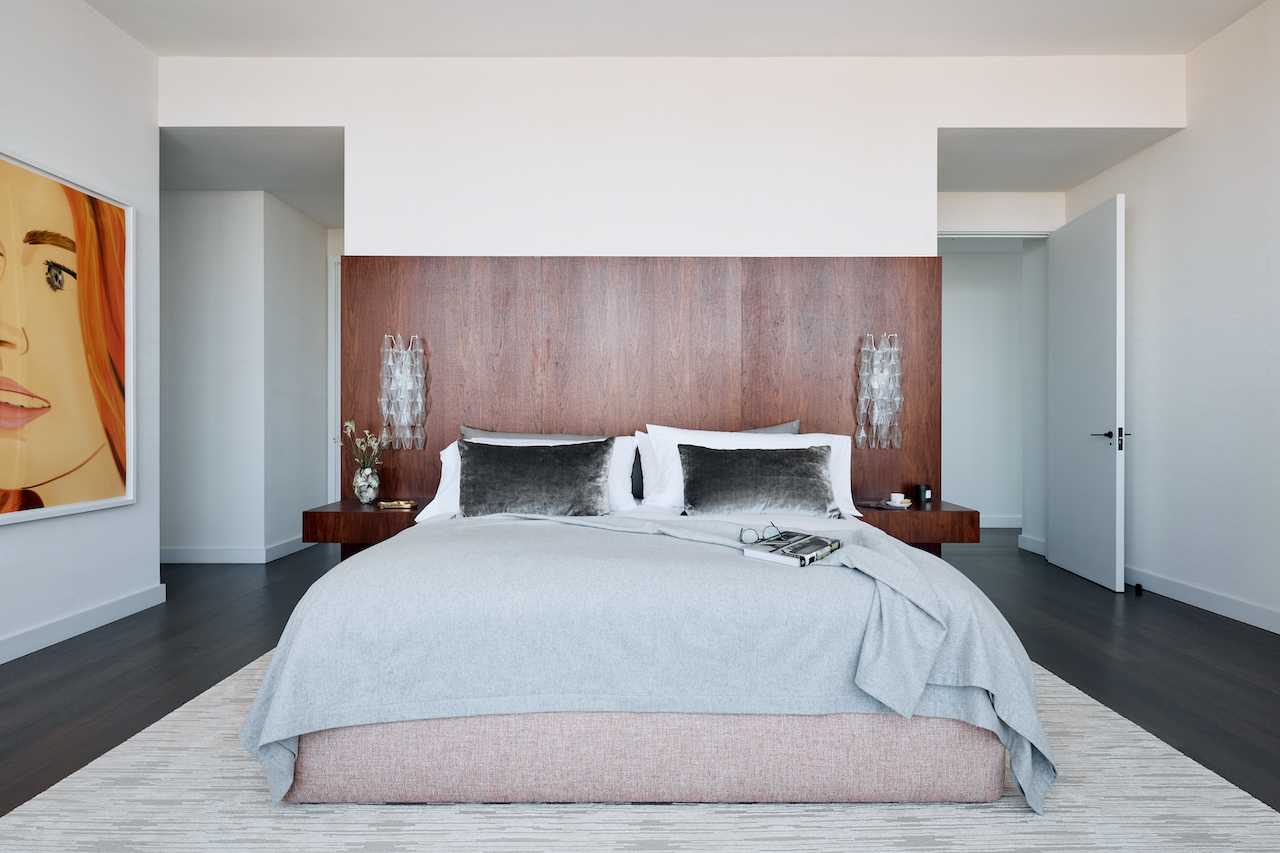
As well as making for a stylishly balanced look overall, ensuring equal space on either side of the bed is good Feng Shui; around 15-20 inches is the general recommendation. Nightstands are a great way to create harmony in shared bedroom ideas — as long as you style them both in the same way.
Amanda explains: "If one nightstand is smaller than the other, if one side has a lamp and the other doesn’t, if one side of the bed has less floor space than the other… it suggests one person has more say, holds more ground, feels more important than the other in that relationship," explains certified house therapist, holistic designer, and Feng Shui expert, Abby Lane, founder of Holistic Homes.
FAQs
What is bad Feng Shui in the bedroom?
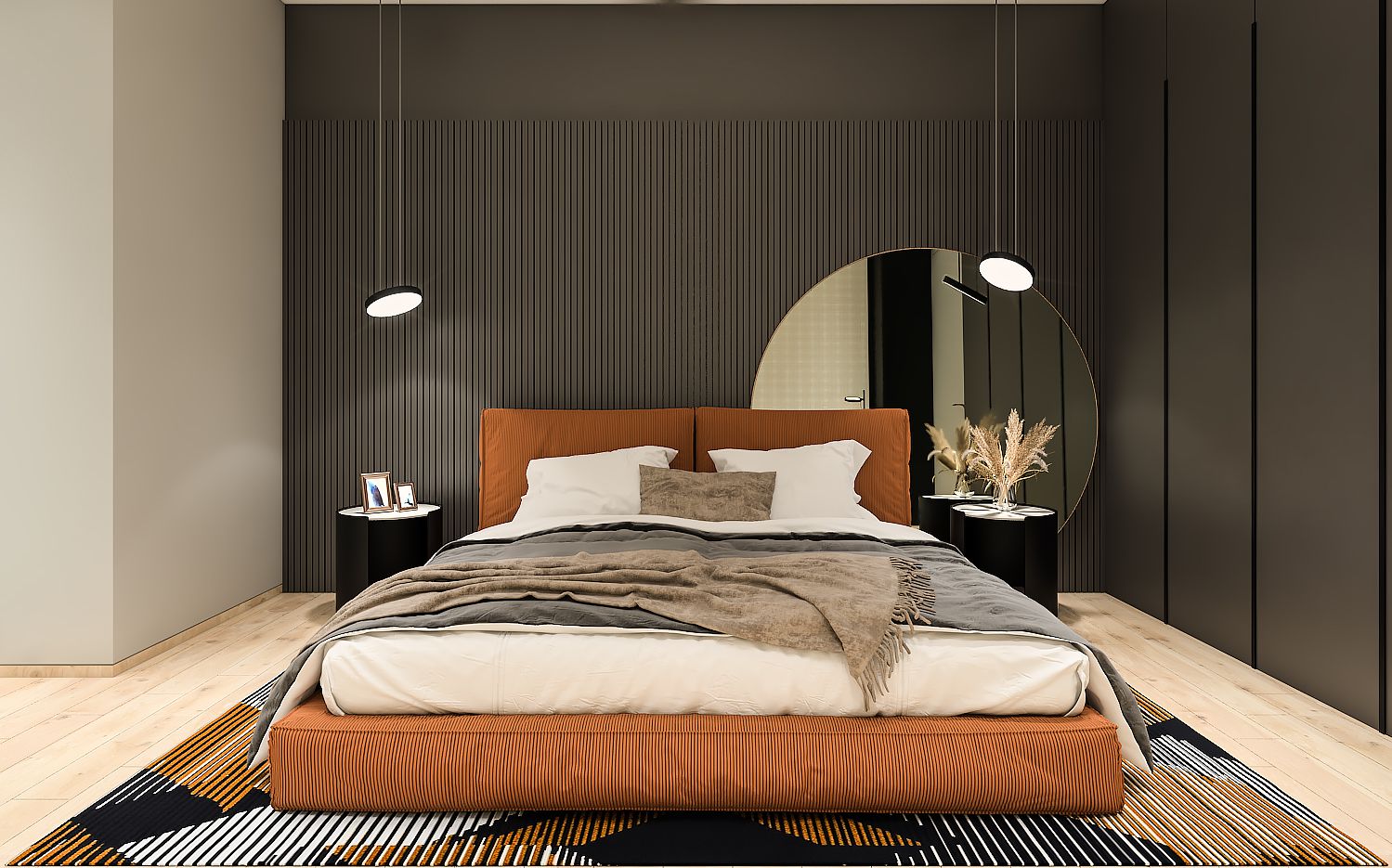
While bad furniture placement (particularly beds) is thought to bring about bad feng shui, achieving the perfect Feng Shui bedroom isn’t always possible, and that’s ok — any practitioner will tell you that Feng Shui principles are fewer rules, more "gentle guidelines." However, there are a few things thought to bring negative energy that are easy enough to avoid.
"Store exercise equipment in a closet when not in use, or cover them with a blanket. If you have a work desk in your bedroom, use a fold-out screen to hide it away while you sleep. Any other work-related equipment, such as laptops, books, or briefcases should be stored away out of sight, too," says Marie.
Depending on what you’re looking to achieve in your bedroom, the principles of Feng Shui also take wall decor into account, reminds Abby. "When your walls are adorned with the kids’ photos, all eyes are on you. If your love life is barely flickering, try taking those precious faces down for 9 days. See what happens, and if (when!) things heat up, replace the family portfolio with something that brews romance," adds Abby.
While following Feng Shui principles can certainly help you to create a relaxing and revitalizing bedroom, don’t be afraid to bend the rules slightly — trust your instincts and make adjustments that feel right for you. It’s also worth remembering that layout isn’t the only way to create good Feng Shui – check out our expert-approved Feng Shui bedroom colors for well-rested, happy spaces.
Our Top 3 Feng Shui Books
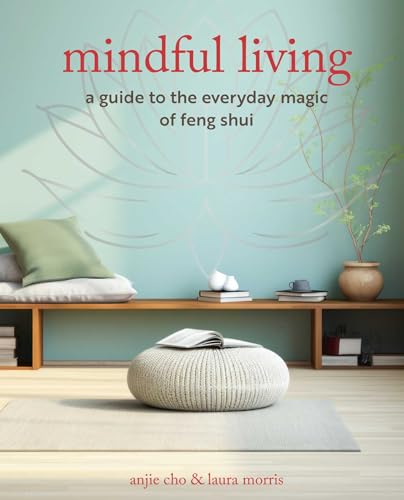
Price: $16.02
Type: Hardcover
A book that will guide you to build a deeper understanding and connection with your home through Feng Shui.
Be The First To Know
The Livingetc newsletters are your inside source for what’s shaping interiors now - and what’s next. Discover trend forecasts, smart style ideas, and curated shopping inspiration that brings design to life. Subscribe today and stay ahead of the curve.
With over 10 years of experience writing for interiors and lifestyle publications, Tara is well placed to offer advice on all things home-related, while an interest in wellness sees her well-versed in how to create spaces that promote mindfulness – always with style at the fore. Her career has seen in-house roles, most recently as Content Editor for Country Homes & Interiors magazine, but she’s since gone freelance, now contributing to Homes & Gardens, Ideal Home, Real Homes and Livingetc across various platforms. Areas of expertise include styling and decorating, homemaking and home organization, as well as self-care, health and wellness.
-
 The Weighted Blanket That Doesn’t Make You Sweat (and the Eye Mask to Match)
The Weighted Blanket That Doesn’t Make You Sweat (and the Eye Mask to Match)Luxury has weight. And apparently, volcanic minerals
By Julia Demer
-
 What Is Biophilic Interior Design? I'm an Actual Biophilic Designer, and This Is How to Apply It to Your Home
What Is Biophilic Interior Design? I'm an Actual Biophilic Designer, and This Is How to Apply It to Your HomeA biophilic designer explains the core principles of this practice, and the easy ways you can apply it to your home's design
By Marianna Popejoy
-
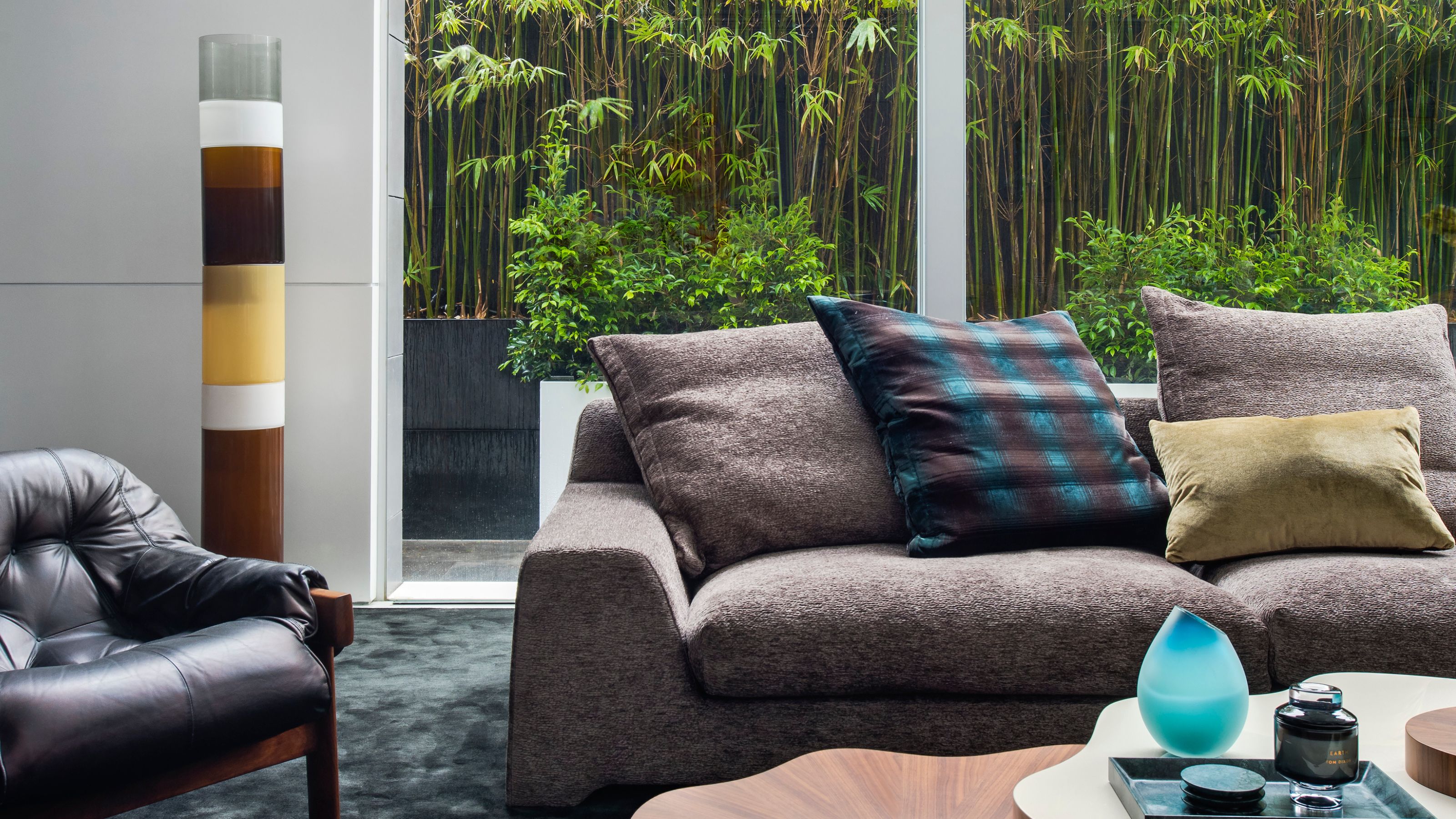 These Are the Dos and Don'ts of Bamboo Plant Placement — Follow This to Avoid Bad Feng Shui
These Are the Dos and Don'ts of Bamboo Plant Placement — Follow This to Avoid Bad Feng ShuiBy following the experts' guidance on where to place this houseplant you can usher luck, wealth, and prosperity into your home
By Lilith Hudson
-
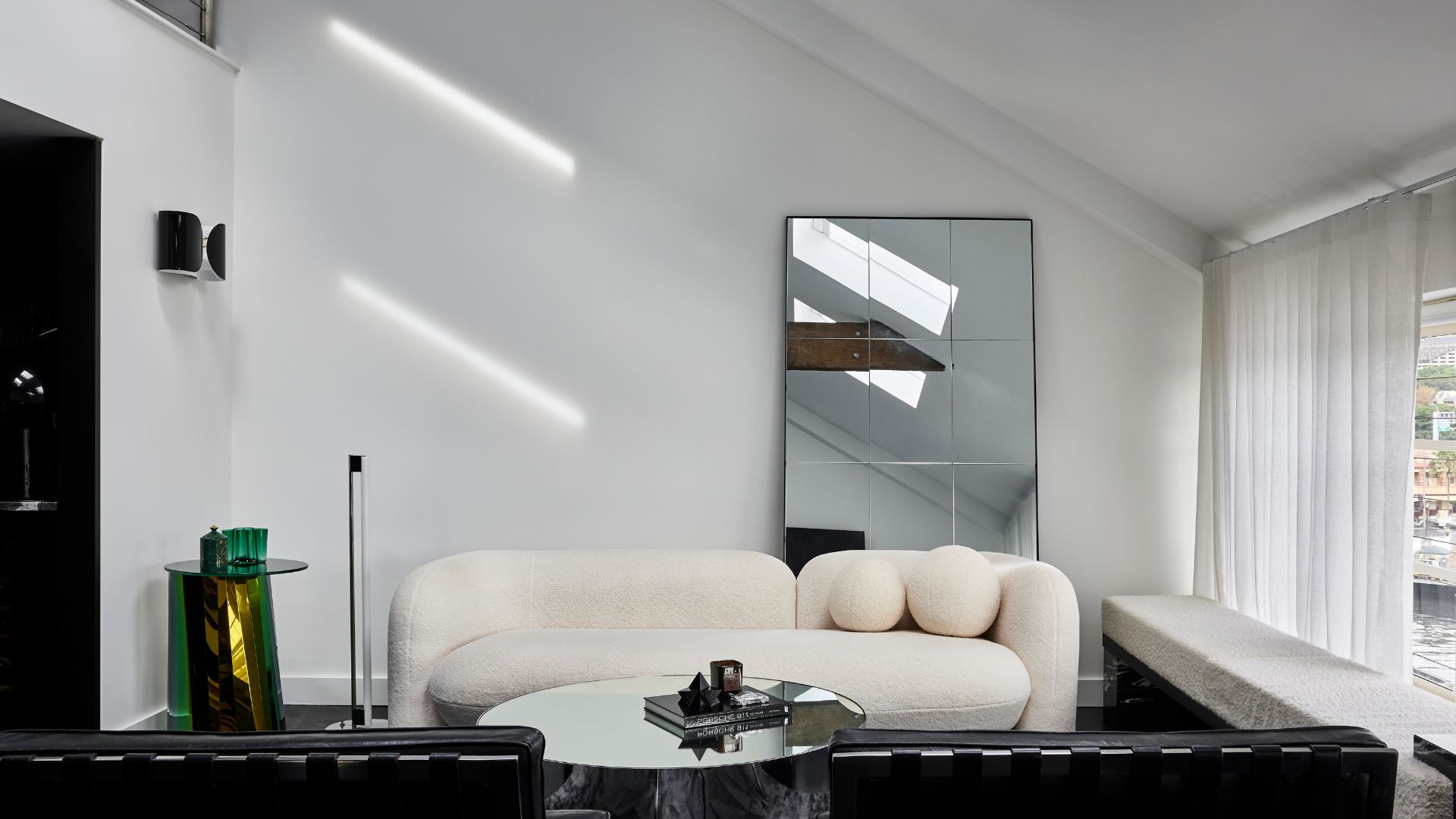 Is It Okay to Have a Mirror Facing a Door in Feng Shui? The Verdict Is In and It Just Might Surprise You
Is It Okay to Have a Mirror Facing a Door in Feng Shui? The Verdict Is In and It Just Might Surprise YouDecorating your home with mirrors calls for intention if you're dressing your space in accordance with Feng Shui. Here's what you should know.
By Amiya Baratan
-
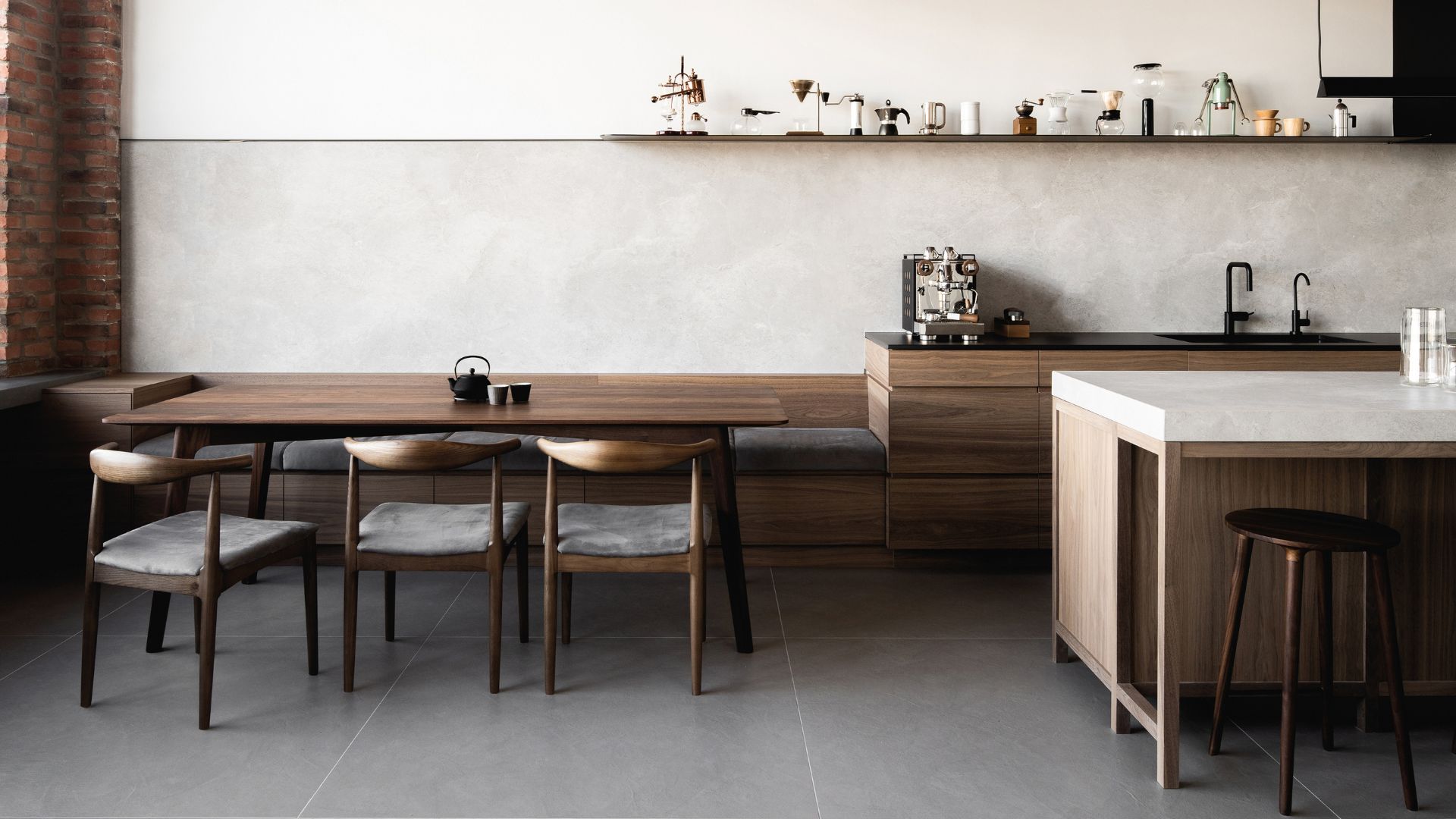 4 Things to Unpack as Soon as You Move House — For a Comfortable and Organized Fresh Start
4 Things to Unpack as Soon as You Move House — For a Comfortable and Organized Fresh StartIf you have a major move in the works and you're looking to prepare in advance, this is the starter kit you need to properly set up your new home.
By Amiya Baratan
-
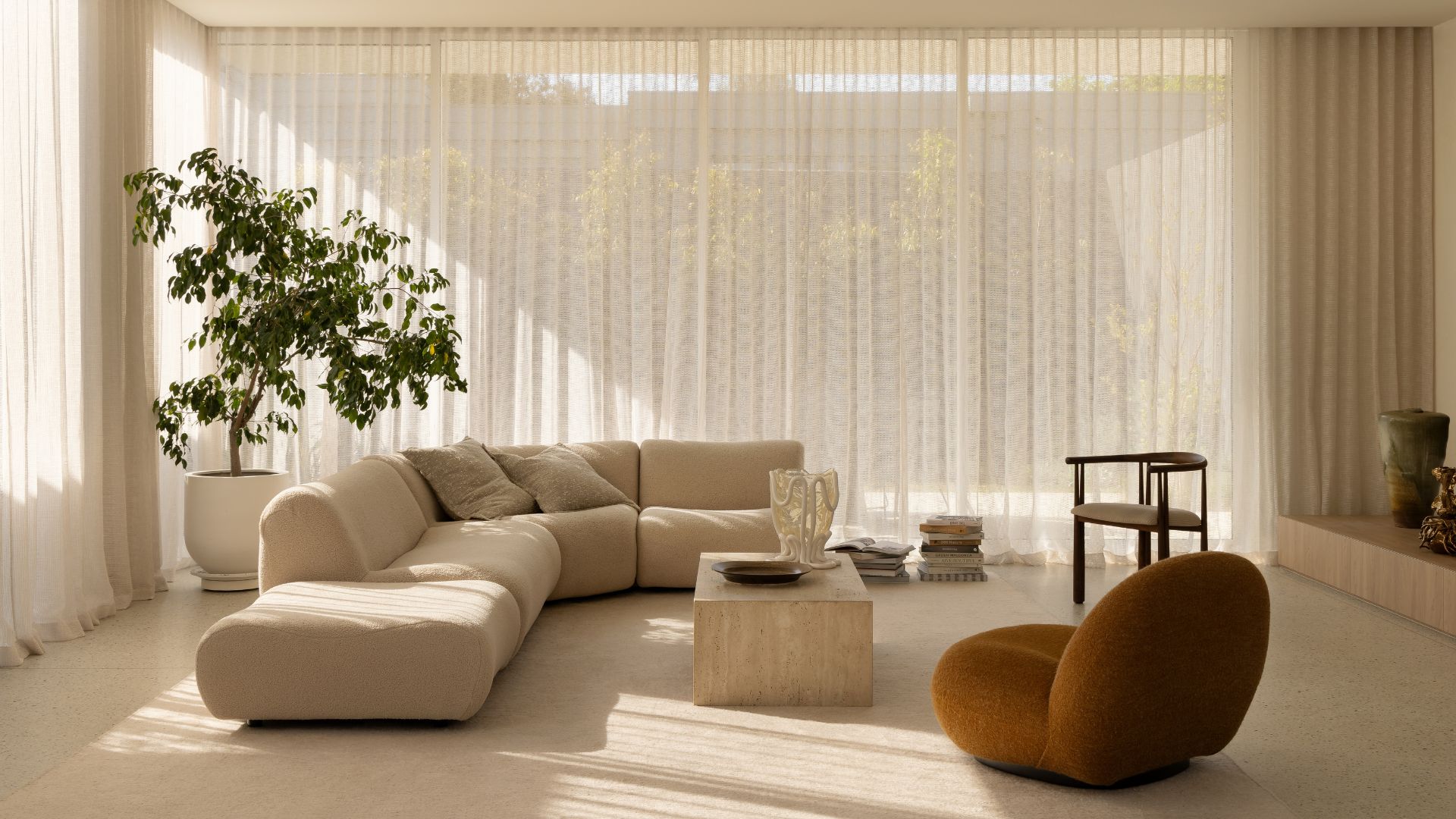 10 Decluttering Challenges to Have on Your Radar This Year — For a Tidier, More Mindful Home
10 Decluttering Challenges to Have on Your Radar This Year — For a Tidier, More Mindful HomeIf you're interested in transforming your home for the better, here are 10 decluttering challenges I recommend for a professionally tidy space.
By Amiya Baratan
-
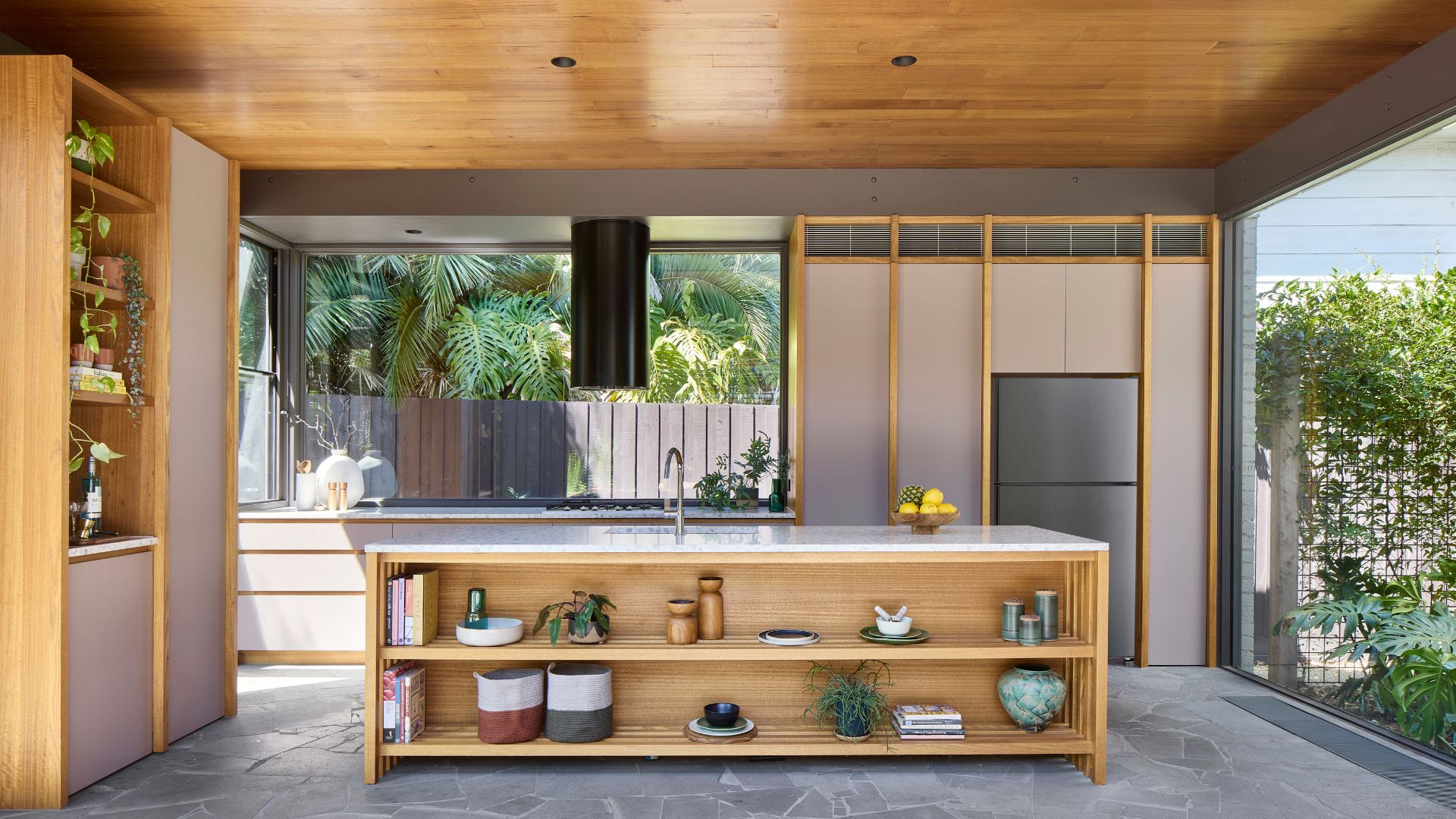 Biophilic Decluttering — What to Take Out of Your Home (and What to Put in) for a More Natural Home
Biophilic Decluttering — What to Take Out of Your Home (and What to Put in) for a More Natural HomeTry your hand at biophilic decluttering to ground your interiors, connect to the environment, and cure chronic clutter in one go. Here's how.
By Amiya Baratan
-
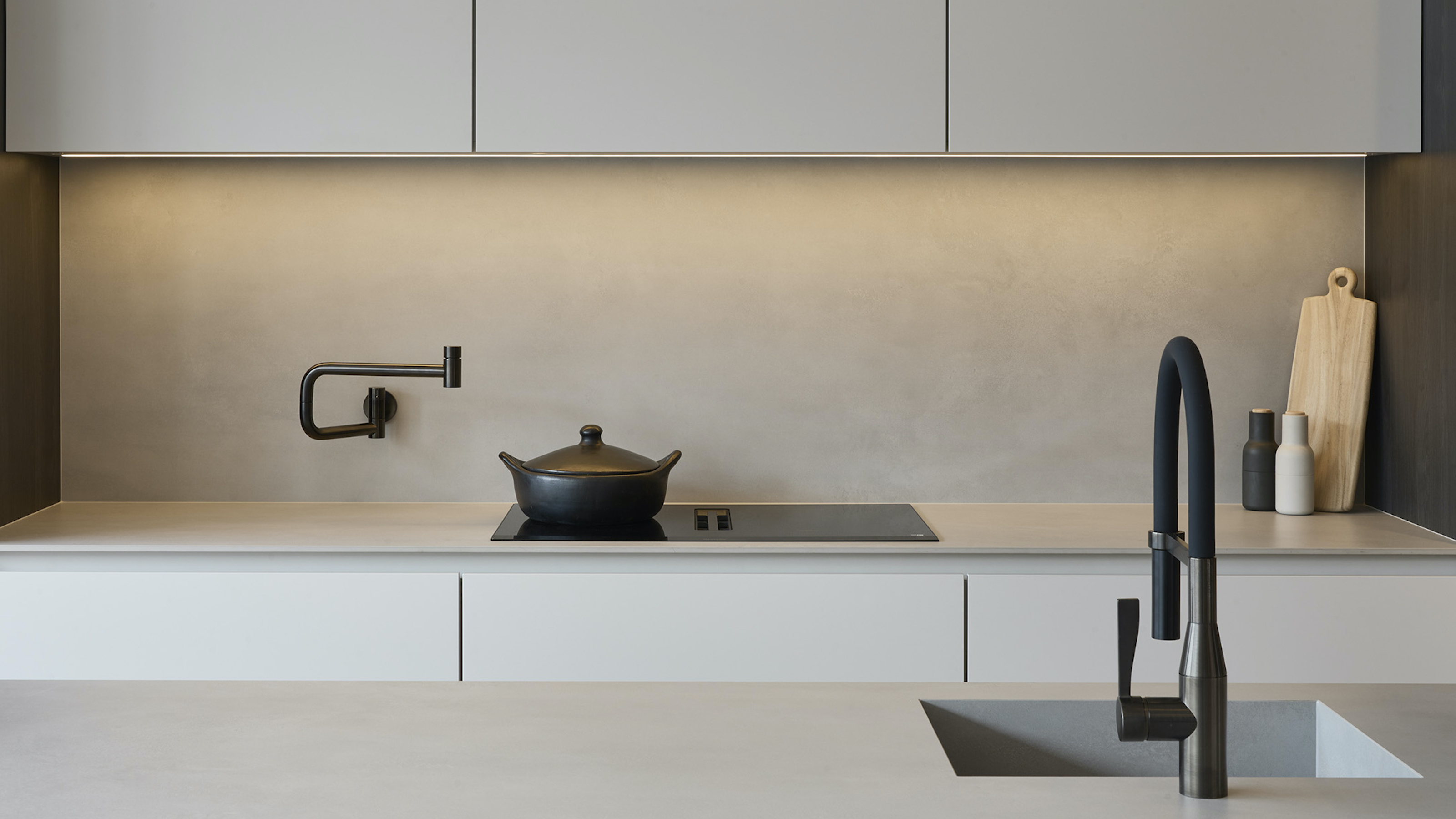 The 10 Different Types of Kitchen Taps — And the Pros and Cons of Each One to Know Before You Pick
The 10 Different Types of Kitchen Taps — And the Pros and Cons of Each One to Know Before You PickFrom sleek pull-outs to vintage bridge taps, explore 10 kitchen tap styles that mix function, flair, and a splash of cool
By Linda Clayton
-
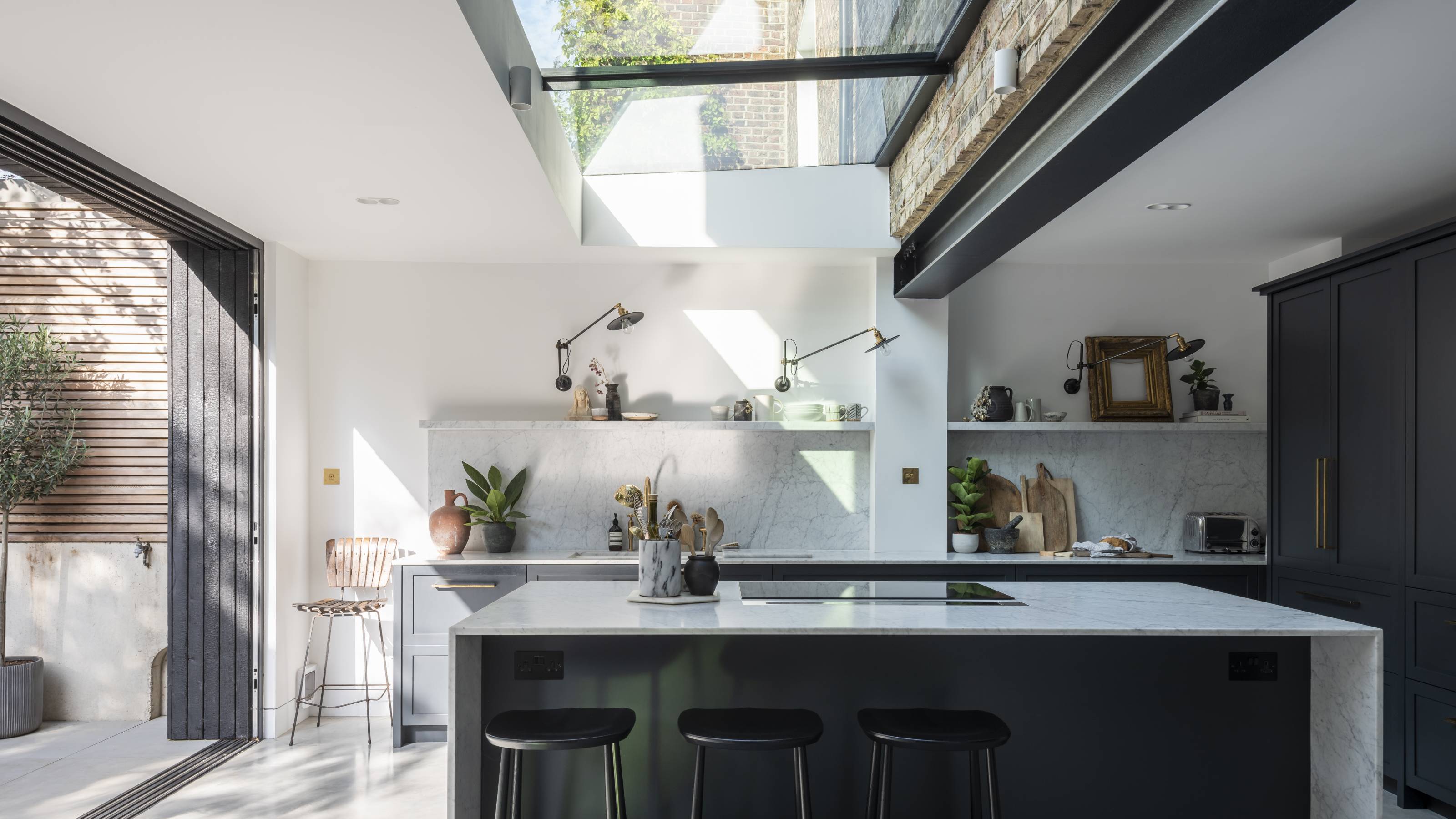 How Much Does an Extension Cost in 2025? Renovation and Design Experts Break Down Your Budget
How Much Does an Extension Cost in 2025? Renovation and Design Experts Break Down Your BudgetExplore how much different types of extensions cost in 2025 to budget for your project accurately
By Amy Reeves
-
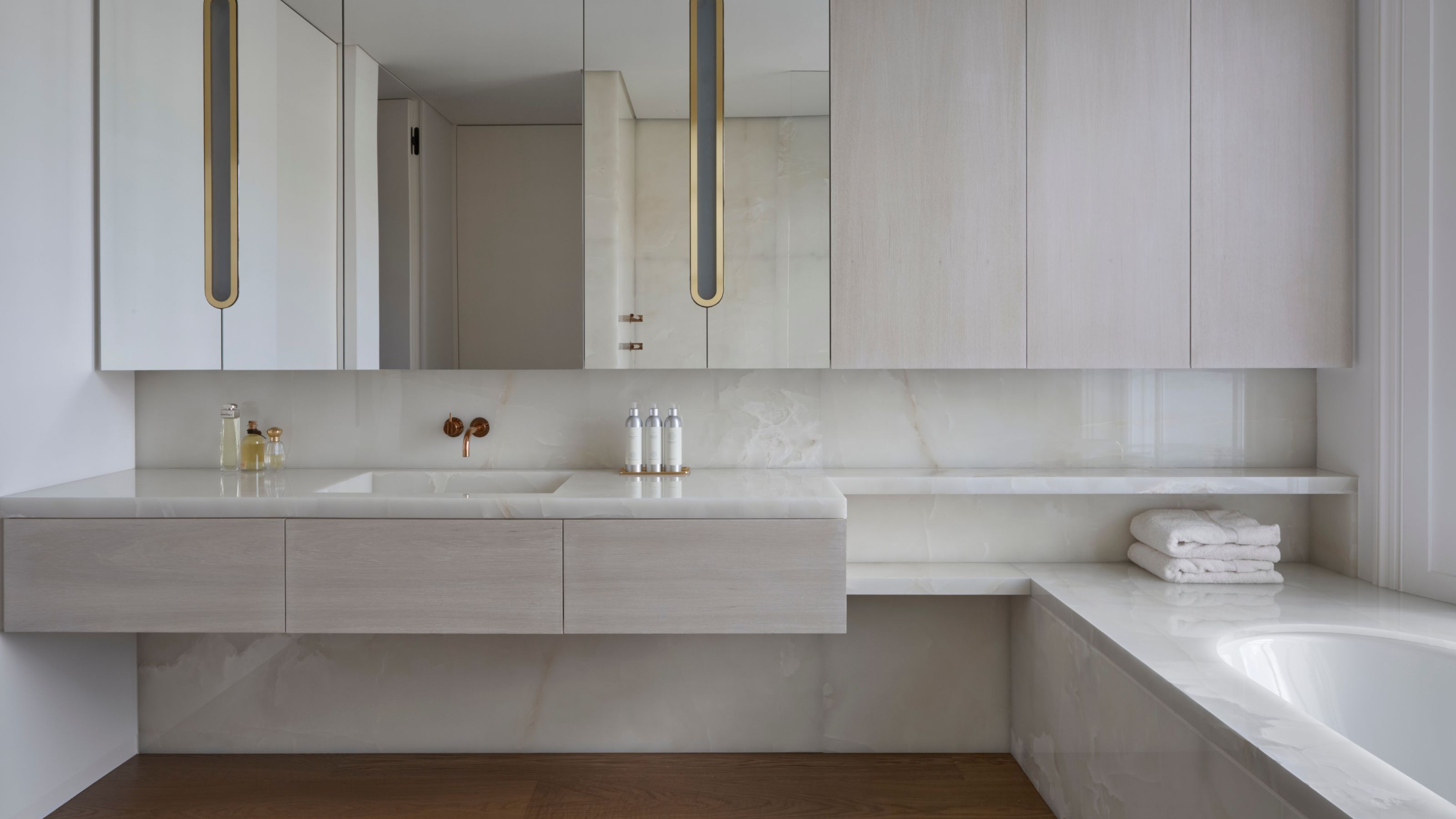 9 Bathroom Storage Mistakes You're Probably Making That Make Using This Space Much Harder — And What to Do Instead
9 Bathroom Storage Mistakes You're Probably Making That Make Using This Space Much Harder — And What to Do InsteadDiscover which mistakes are to blame for your overcrowded and cluttered bathroom
By Seraphina Kyprios


